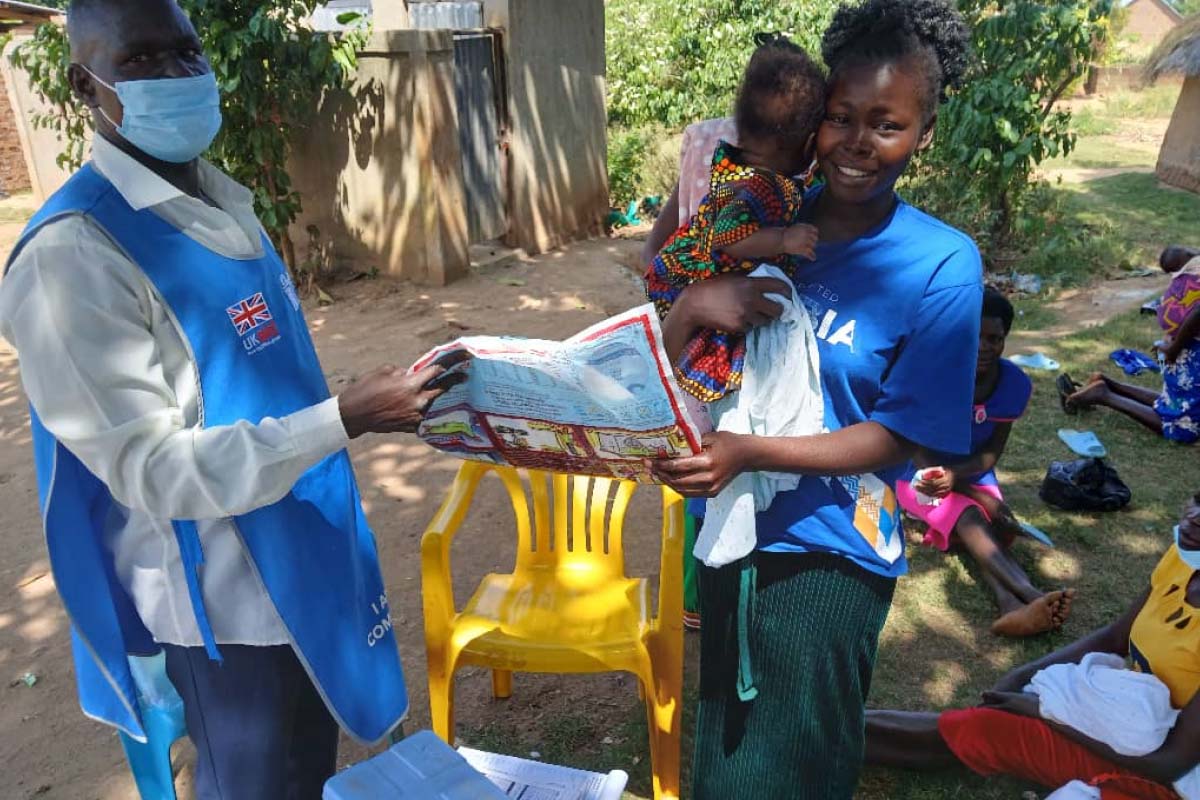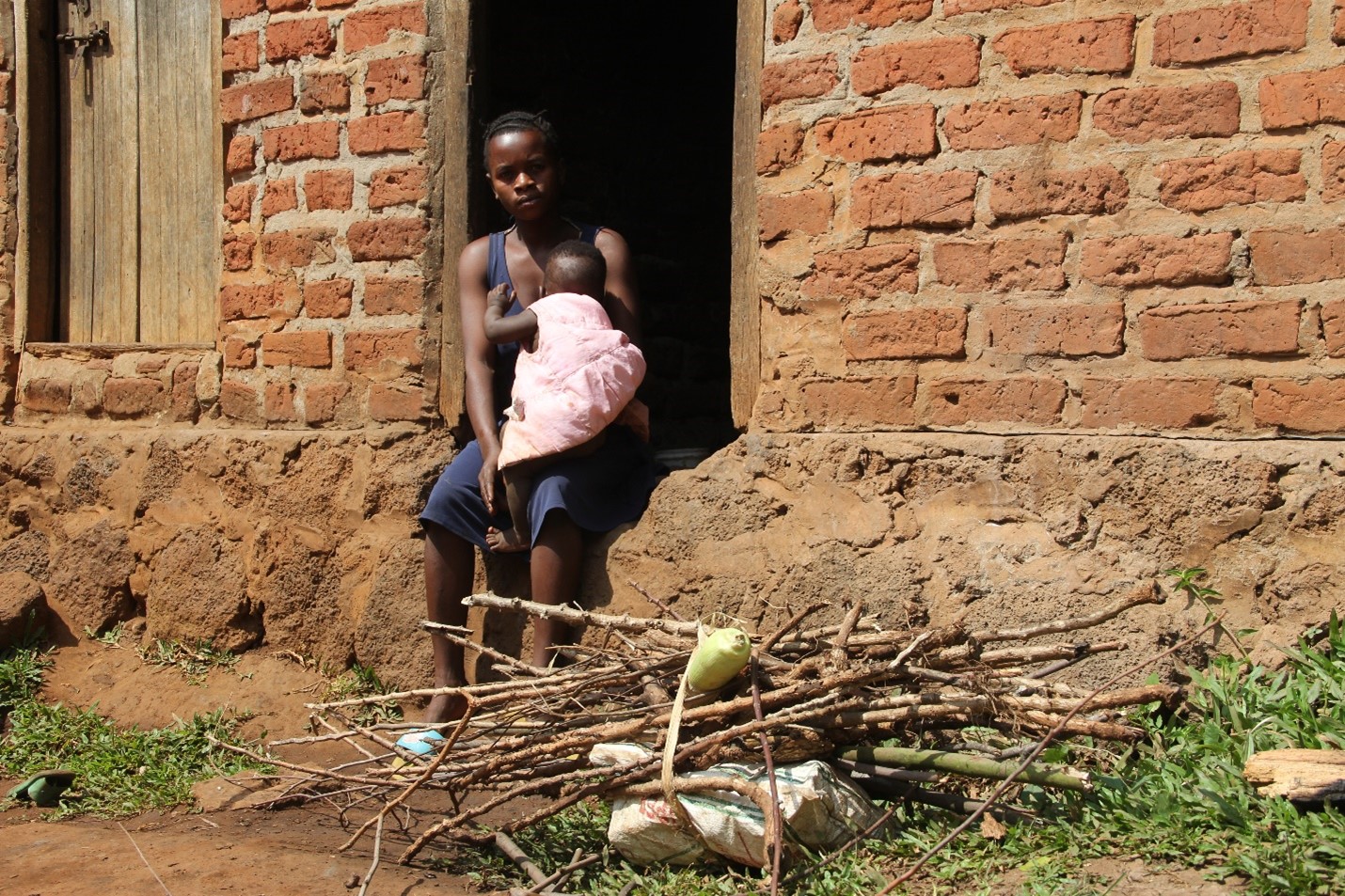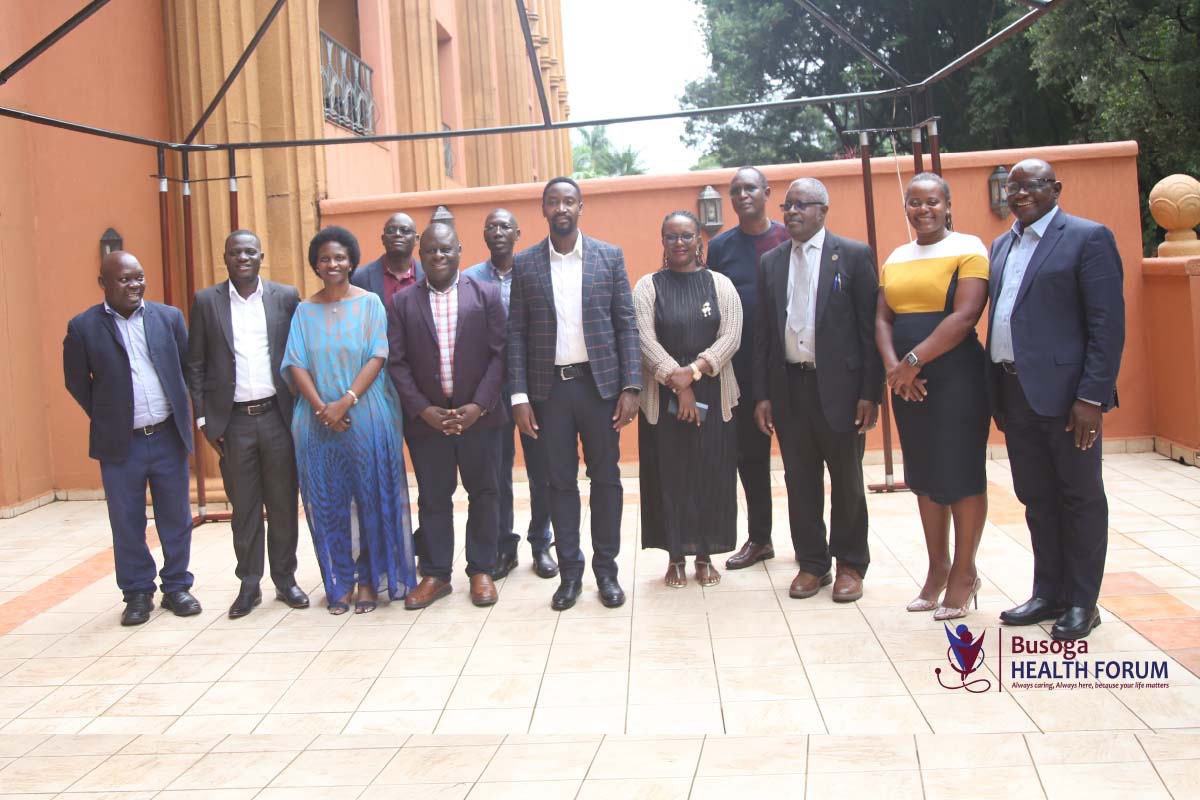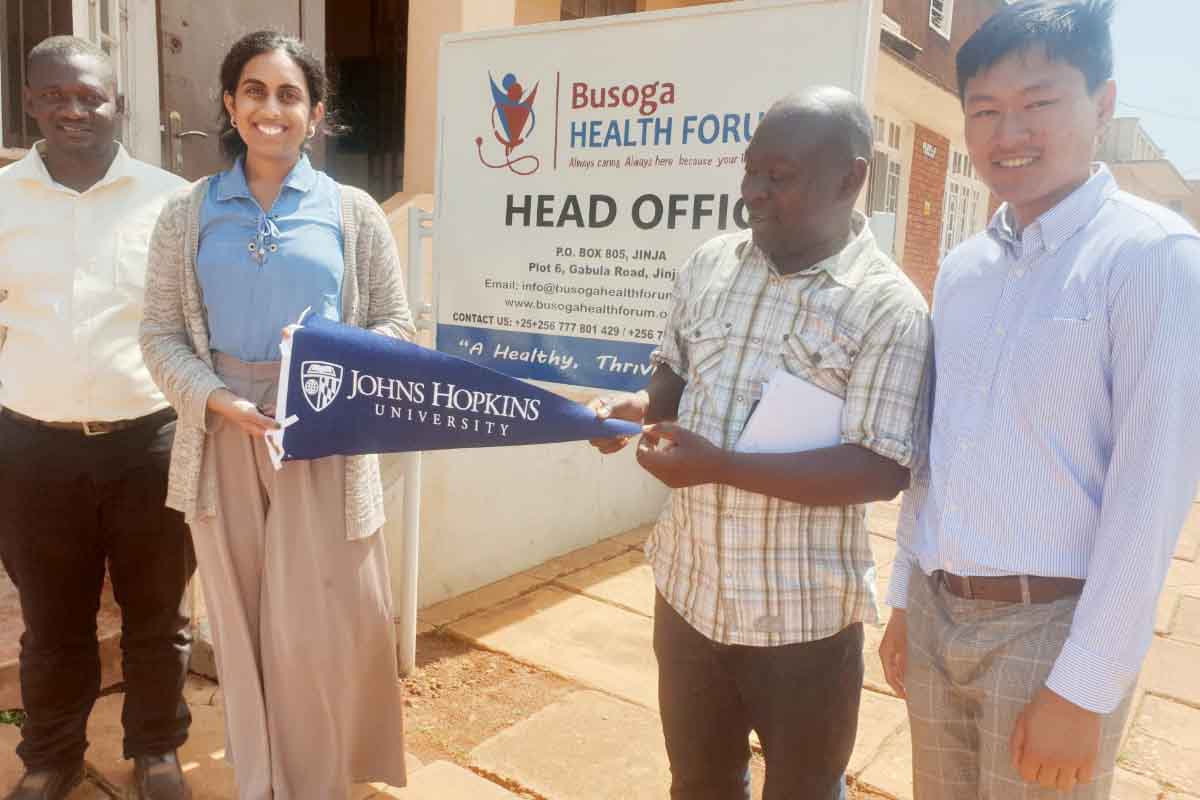
Conversation with a VHT: Understanding Women’s Health Needs
By Teja Sathi-Johns Hopkins Center for Bioengineering, Innovation& Design (CBID) team
We started our day returning to Jinja Regional Referral Hospital (JRRH). The surgeon who we wanted to speak with was in the middle of rounding so we took a detour to speak with two of the engineers at the hospital, Stephen and Noah. We met them during our time at JRRH in August and remained in touch through Whatsapp. Engineers who work at hospitals in Uganda are heavily involved with equipment maintenance, repair, and inventory planning and usually have backgrounds in electrical, mechanical, and biomedical engineering. As a mechanical/biomedical engineer, I feel a different kind of energy and camaraderie when interacting with the engineers here. Today’s conversation centered around Stephen and Noah’s suggestions and inputs on design constraints (power, usability/instructions for use (IFU), troubleshooting guidelines, manuals, service kits, and parts lists) that as designers we want to understand to use as guardrails for our early conceptual and prototyping phases.
Once the surgeon we wanted to speak with was done rounding, we had a brief conversation about the challenges he faces in his practice and there were similar themes as shared by others: lack of supplies to perform biopsy in the hospital, no mammography available, no local pathologists, and the issues with referral and transport of patients and specimens to Kampala.
We left the Jinja Regional Referral Hospital to go down the road to the Busoga Health Forum, an NGO established with the goal of improving health outcomes in the Busoga region of Uganda, where Jinja is located. There, we got a chance to meet Ms. Elizabeth Namara (communications officer), Mr. Moses Kyangwa (CEO), and Dr. Felix Kizito (an OB/GYN practicing in the Busoga region and the project coordinator of the Busoga Health Forum). We spoke with Dr. Felix about his experiences seeing patients with symptoms of breast cancer and got his insights on reducing the turn-around-time in the diagnostic pathway.
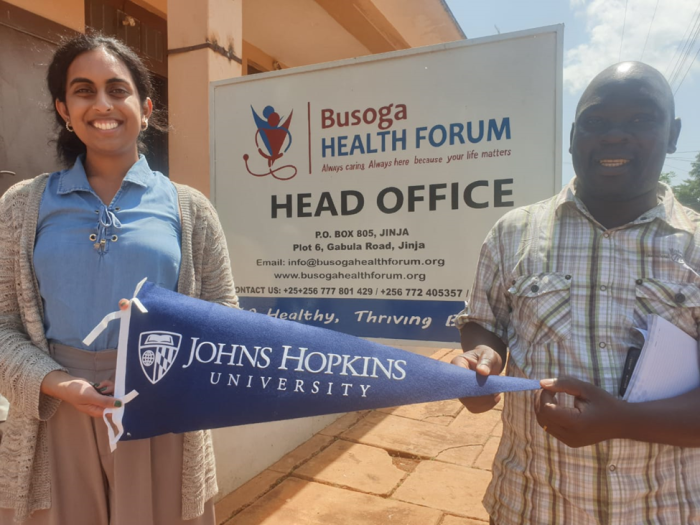
Dr. Felix was also extremely helpful in facilitating a meeting with a member of a sub-county village health team (VHT), Musaka Kadiri. Mr. Musaka is one of the two VHTs for his community, the Budondo Village in the Busoga region. Dr. Felix translated between English and Lusoga (the language spoken in this region) during our interview with Mr. Musaka. This conversation was really enlightening and gave us a window into health care with the closest and most direct impact on women who live in villages in Uganda. Mr. Musaka shared his practices with referring women to health centers if they come to him reporting symptoms of breast cancer or pain and with following up with women who he’s referred. He shared the dangerous community perceptions of breast cancer and the ostracization of women who seek treatment for it in the village. Overall, he shared that he thinks VHTs need to be trained to better identify breast cancer in the community and rapidly refer.
People assume you are dead when you have breast cancer – Mr. Musaka Kadiri, Budondo Village VHT
After speaking with Mr. Musaka, we left the Busoga Health Forum to say our goodbyes at JRRH and departed from the town for Kampala!
Key takeaways:
- We gained inputs on design constraints (power, usability/instructions for use (IFU), troubleshooting guidelines, manuals, service kits, and parts lists) to use as guardrails for our concepts and early prototypes.
- Decentralization is a good thing. If diagnosis is done at a community level, negative tests would save money and frustration of having to go to Kampala. This would also reduce the negative social impacts on women suspected of cancer, according to a VHT.
- From a VHT: VHTs need to be trained to better identify breast cancer in the community and rapidly refer.


